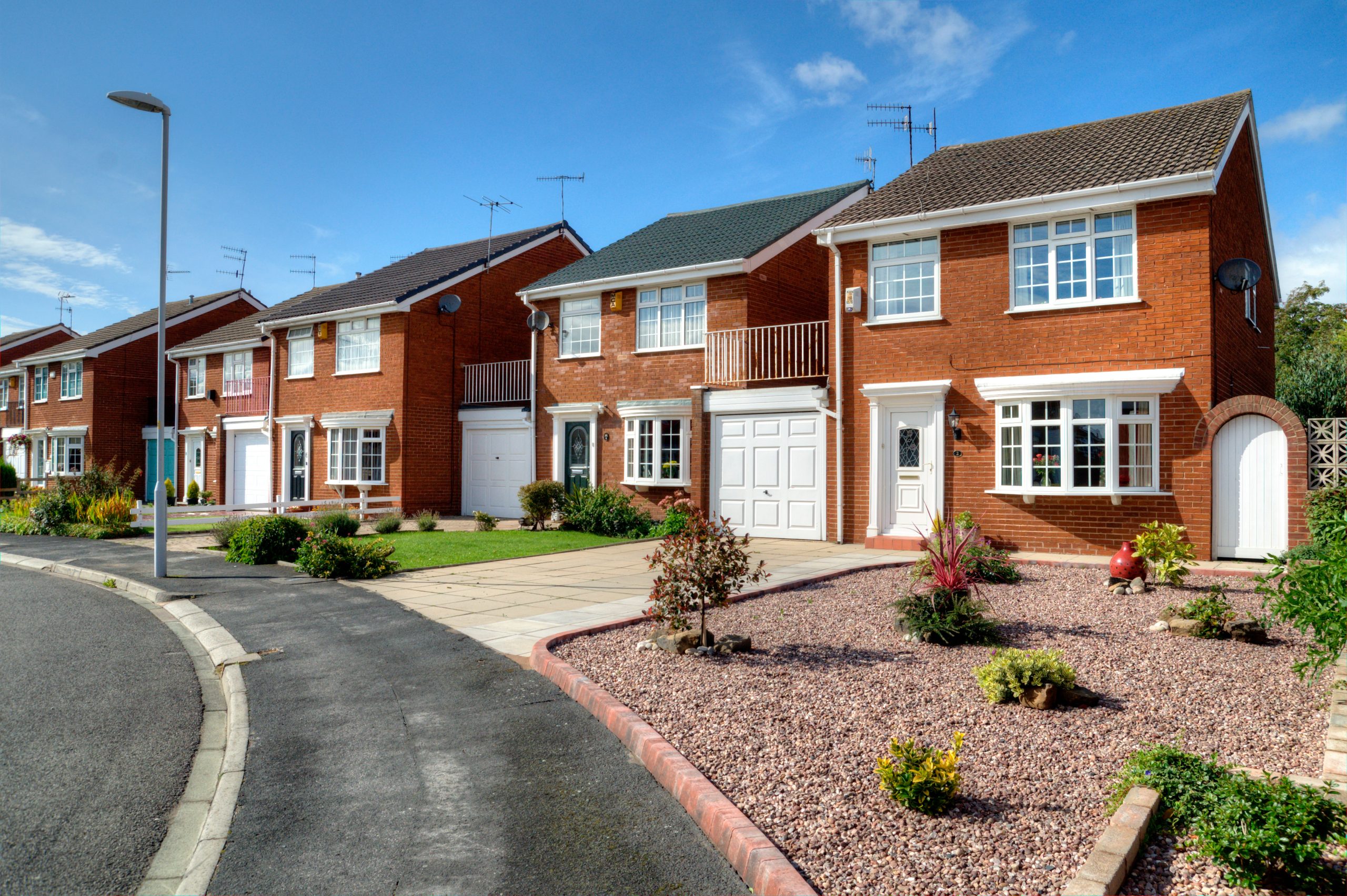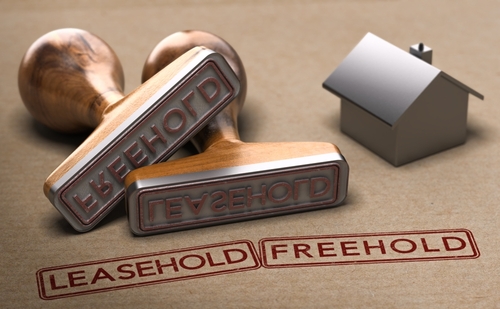If you’re looking to step on the property ladder in the UK, ‘first-time buyer’ is a term that you’ve most certainly heard of. The phrase has been coined by the government in a bid to encourage those who don’t already have a mortgage to explore their options.
We work with a range of clients who have varied mortgage types when it comes to buying their first property.
I’m a first-time buyer, what mortgages are available for me?
There are a range of different mortgage options that are available to first-time buyers here in the UK. When it comes to getting a mortgage, it’s always important that you understand your own financial circumstances and make informed decisions around that. We recommend working with an independent mortgage broker to discuss your options, as it can be confusing.
Fixed-Rate Mortgages
Over the years, this has proven to be a popular option with first-time buyers. Simply put, this is when the interest rate on the mortgage is fixed for a certain amount of time. This usually spans between two to five years but can go up to 15. The benefits of this type of mortgage are that it can allow you to work within a budget on a monthly basis.
Once the agreed fixed-rate period has come to an end, homeowners will typically move to the bank’s standard variable rate (SVR). However, remortgaging at this point can help you find a better deal, such as another fixed rate. However, if you want to exit a fixed-rate mortgage early, for example, if you’re moving house and need to end your mortgage, then there are penalties to pay.
Offset Mortgages
This type of mortgage is all about offsetting the interest you’re being charged on your mortgage. They are only available to people who have both a savings account and mortgage with the same provider and ensure that you don’t pay any interest on your mortgage to the same value as the savings that you have in your account.
While this might sound more complicated than a fixed-rate mortgage, it essentially means that the more savings you offset, the more you will save in interest. As a result, your mortgage payments will cost less and there are even opportunities to pay off your mortgage sooner.
Standard Variable Rate Mortgages (SVRs)
This type of mortgage usually comes into play once a buyer has finished their introductory fixed or discounted deal. However, some lenders will accept mortgages to be taken out on their SVR, but it can prove to be expensive for buyers.
SVRs are set at the lender’s basic rate of interest and do not come with any reductions or discounts. It’s worth keeping in mind that the lender reserves the right to change the rate of the interest they charge on this.
Tracker Mortgages
This type of mortgage has varied interest rates which often follow the Bank of England’s base rate. It’s important to understand that base rates can change, and you should always be prepared for this and ensure that changes are affordable. Tracker mortgages can come with both pros and cons. Your mortgage rate will automatically fall when interest rates fall, so you’re not locked into a high rate. Some tracker mortgages are capped, so they won’t rise above a certain rate even if the base rate continues to rise. However, if the base rate rises and you do not have a capped tracker mortgage, your repayments will become more expensive as a result.
If you are a first-time buyer with a new mortgage, look no further than Cavendish Legal Group’s team of solicitors to help put it into place against your first home. Contact our team today!






